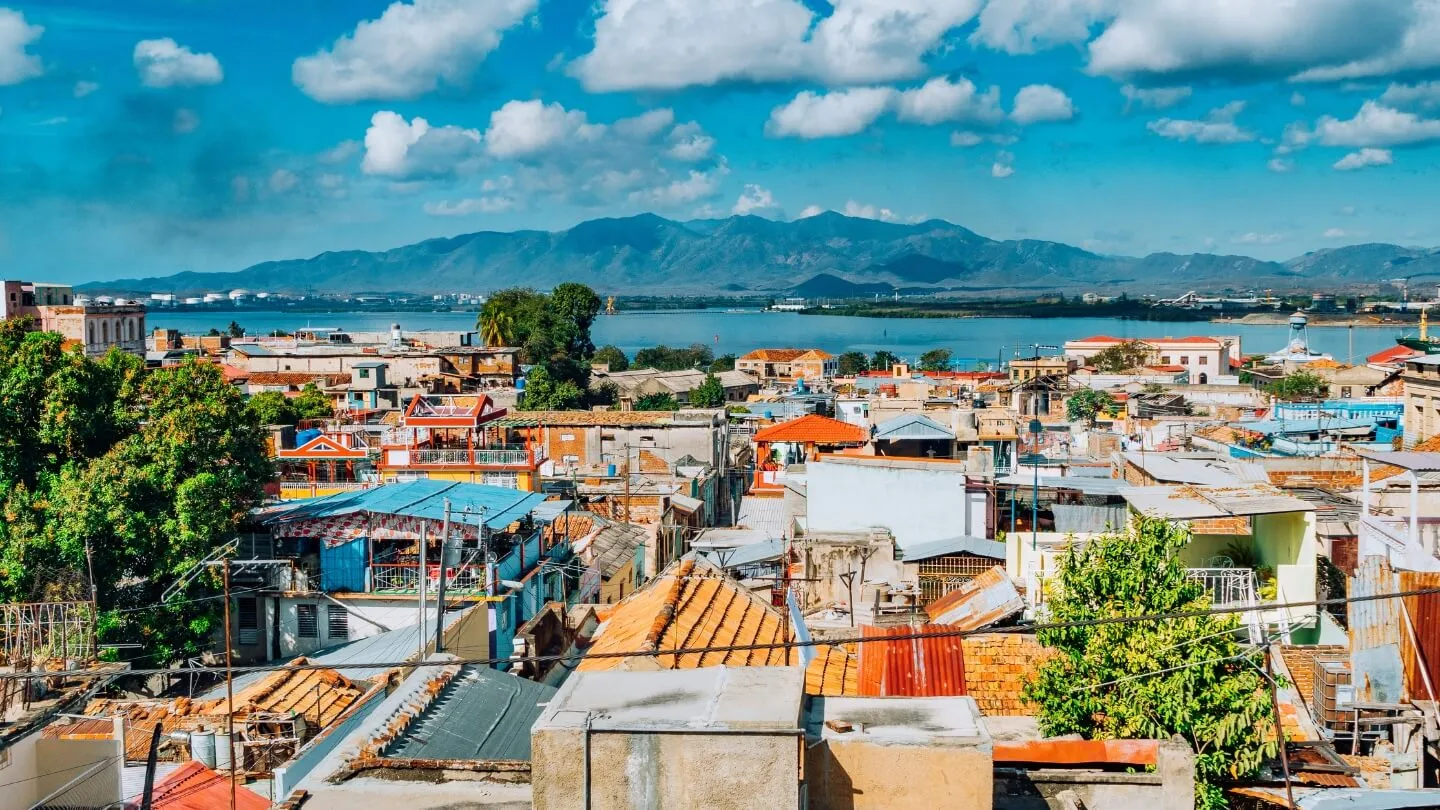
Is a VPN needed in Cuba?
Cuba, an island nation in the Caribbean, has a unique and challenging digital landscape. Under the Communist Party’s rule, internet access has historically been limited and controlled, presenting significant challenges for digital rights, open internet, and free speech.
In terms of freedom of expression and censorship, the Cuban government has a long history of suppressing dissent, including online. Exercising free speech online can lead to severe consequences, including harassment, intimidation, and imprisonment. Government-imposed internet shutdowns are not uncommon, notably during the July 2021 protests, where the government interrupted internet services to stifle communication among protesters.
Cuba is not a fertile ground for P2P sharing or torrenting due to the low internet penetration and high cost of internet access. The government maintains strict control over information flow, making torrent websites risky and often inaccessible. Most Cubans rely on “El Paquete Semanal,” a weekly package of entertainment and news content distributed offline via hard drives.
Surveillance by the state is pervasive in Cuba. The government has not publicly acknowledged surveillance practices, and there are no clearly defined data retention laws for ISPs. Notable instances of surveillance are hard to pinpoint due to the opaque nature of the Cuban state’s operations. Cuba is not a part of international surveillance alliances such as ’14 Eyes’ or ‘9 Eyes’.
On the issue of privacy protections, the Cuban government has not made significant strides to protect its citizens’ privacy. Given the lack of transparency surrounding state surveillance and censorship, privacy protections appear to be minimal. The use of VPNs, which could provide an additional layer of privacy, is a legal gray area and could potentially draw unwanted attention from the authorities.
Despite these challenges, Cuba has seen incremental progress in digital access and freedom. The introduction of mobile internet in 2018, although expensive, has significantly increased internet penetration. The rise of independent journalism, much of it online, has also highlighted the increasing importance of digital rights in Cuba.
However, major challenges remain. State control over internet infrastructure and services, along with the lack of legal protections for online expression, present significant hurdles for digital rights. Government efforts to stifle dissent online, such as during the 2021 protests, underscore the need for greater protections for free speech and access to information.
In the Caribbean and Central American region, Costa Rica stands out for its more open approach to internet access and digital rights. Despite its challenges, it offers a model of relatively robust legal protections for free speech and online expression, which Cuba could learn from.
In conclusion, Cuba presents a case study of the struggles and opportunities in advancing digital rights under a regime that maintains strict control over the flow of information. While progress has been made, there’s a long road ahead for digital rights, open internet, and free speech in Cuba. The global community’s support can play a crucial role in helping Cubans gain more digital autonomy.
See also:

Leave a Reply